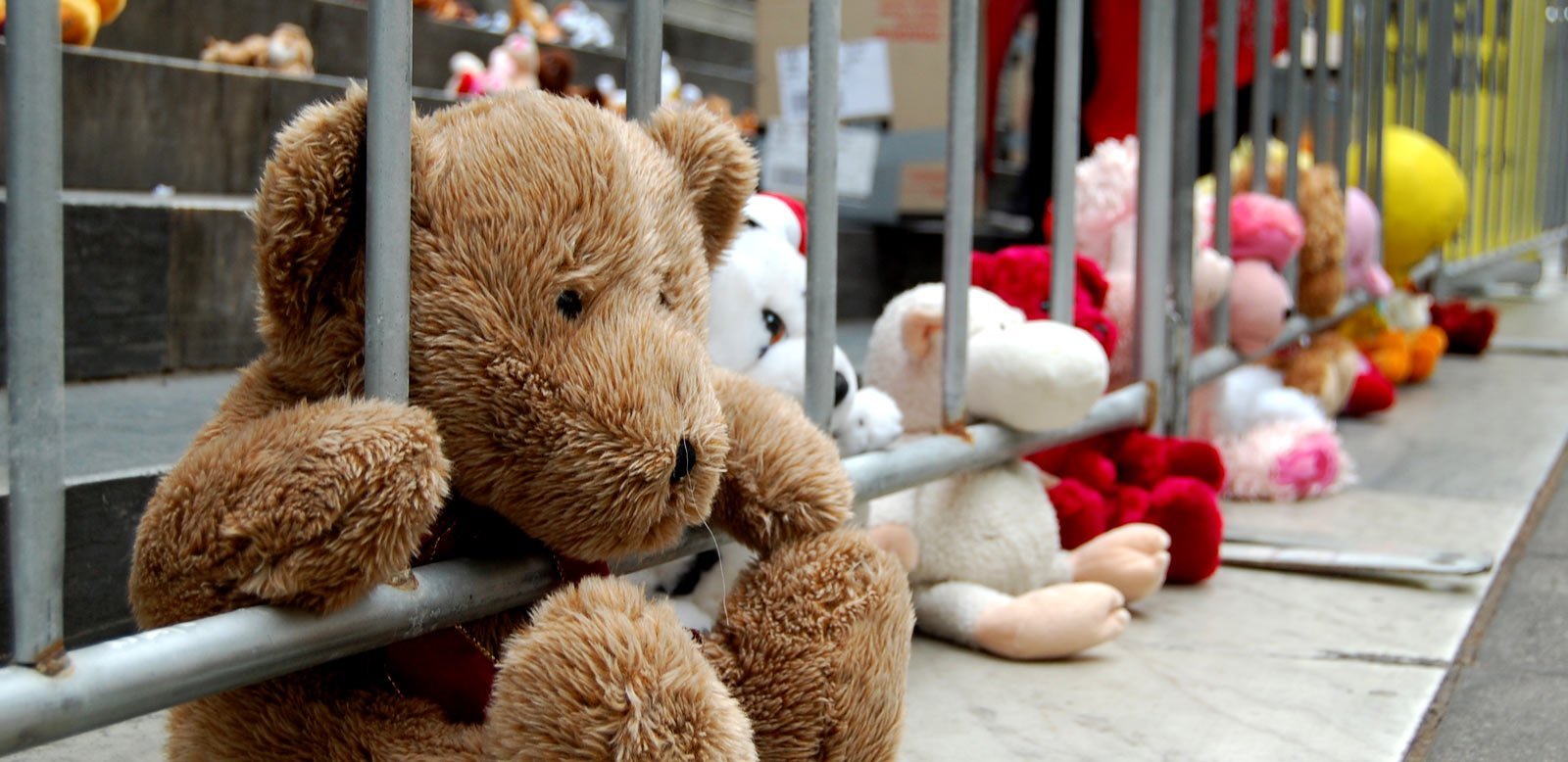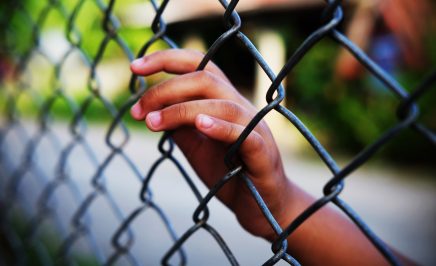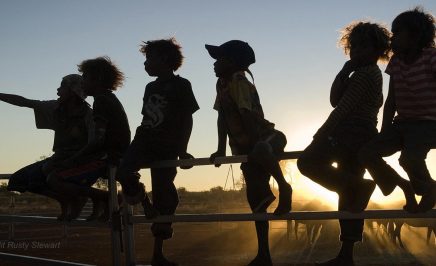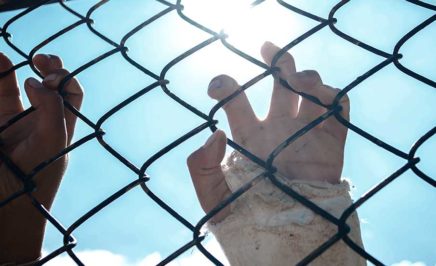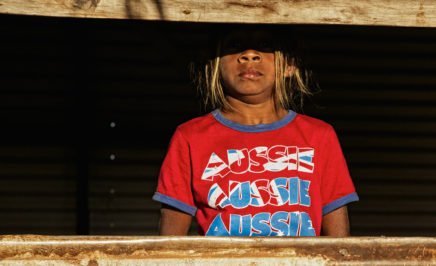In Australia, we like to think of ourselves as giving everyone a fair go. We’re told no matter who you are, or where you come from, if you work hard, and stick to it, you can achieve anything. Sadly, the reality is that not everyone gets the same chance to thrive.
Kids don’t belong in prison.
What is overrepresentation?
Just like any other group, the vast majority of Aboriginal and Torres Strait Islander people will never get in trouble with the law. However, despite making up only 2% of the general population, they make up 26% of the prison population and are 10 times more likely to be locked up than other Australians.
This shameful reality is even greater for Aboriginal and Torres Strait Islander children, who are 26 times more likely than their peers to be incarcerated.
That’s why we call it overrepresentation – there are too many First Nations people represented in these statistics about prison. Aboriginal and Torres Strait Islander people are the most incarcerated people in the world.
Why does Australia have such a big problem with overrepresentation?
When we talk about overrepresentation, it’s important to make one thing very clear: the biggest factor bringing First Nations people into contact with the criminal justice system is traced back to a historical disadvantage.
Australia’s shameful colonial history – from British invasion, to the theft of Aboriginal land, to genocide, the rejection and repression of Aboriginal culture, social exclusion, imprisonment, slavery, the stolen generation, extreme racism and forced poverty – continues to hold First Nations people back in almost every facet of life.
The ongoing impacts of colonisation and racism are a large part of the reason First Nations kids have more contact with police, courts and prisons. And they continue to face injustices across housing, healthcare, schools, our workplaces – everywhere.
No one should lose their childhood to a racist criminal justice system.
What’s the deal with locking up kids?
In Australia, the age of criminal responsibility is 10-years-old. This is the age set by our governments that allows a child to be arrested, charged, tried in court, sentenced and imprisoned.
If that sounds pretty young, that’s because it is.
Australia has one of the youngest ages of criminal responsibility in the world. The UN, scientists, medical experts, First Nations leaders and legal professionals have all agreed that prison is no place for a child.
Prison don’t address the causes of problematic behaviour, and they don’t reduce recidivism.
If prison isn’t the answer, what is?
The criminal justice system is like quicksand. Once you’re in, it’s very difficult to get out.
When a child comes into contact with the criminal justice system they enter a never-ending cycle of trauma, harm and violence. Kids who interact with the criminal justice system are three times more likely to reoffend.
That’s not good for the kids, and it’s not good for crime rates. So, what’s the alternative?
Beyond raising the age, it’s justice reinvestment.
There is a record amount of money being spent on prisons and police, and very little being spent on evidence-based diversion programs that actually work. Unlike harmful punitive approaches, diversion programs are community-led and designed to divert kids away from the criminal justice system by providing culturally appropriate support to break the cycle of incarceration.
And the good news?
These programs already exist all over the country. Time and time again, First Nations-led diversion programs have proved themselves successful in keeping kids out of the criminal justice system. A lot more successful than detention or prison.
It doesn’t make sense for the government to continue to direct funding and resources into putting kids behind bars when we know that it doesn’t work. Investing in First Nations-led community based programs is the better solution.
How you can help
Overrepresentation matters.
Raising the age of criminal responsibility is just one part of a much bigger solution – justice reinvestment is another. Now that we have a new federal government, there is a strong role for them to play in this by properly funding diversion programs and showing leadership for the states and territories.
Sign the petition calling on the Australian government to start investing in justice that works. Investing in diversion programs is how we can break the vicious cycle of incarceration and end the overrepresentation of our First Nations kids in the criminal justice system.
